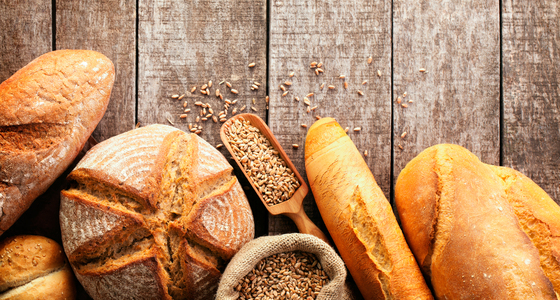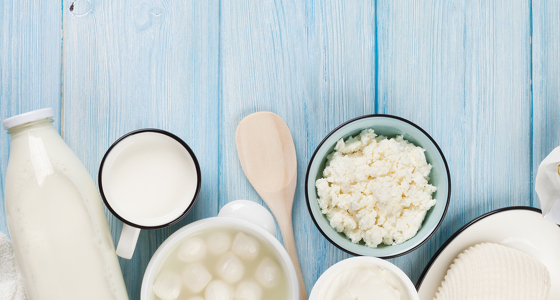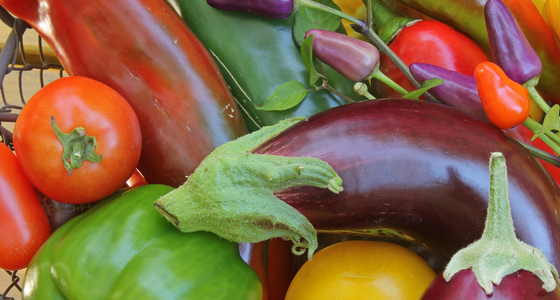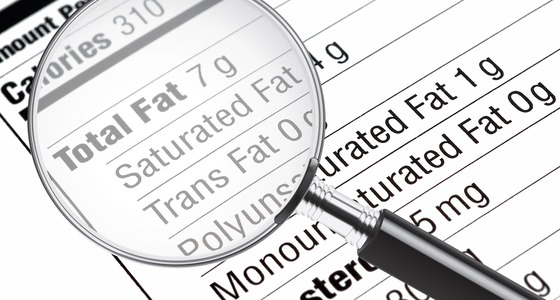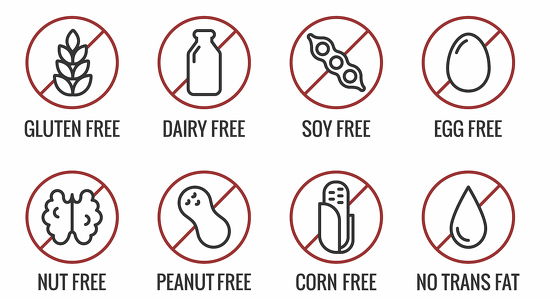
When you have inflammatory bowel disease (IBD) knowing what foods and drink affect your symptoms can be a bit of a minefield.
Some people with IBD have reported that some processed foods can cause a negative effect on their symptoms. Here we take a look at some of the reasons why that may be to help you make your own decision about whether processed foods may be having an effect on your symptoms.
A processed food is any food that has been altered from its natural state. Common examples of processed foods include:
Some foods may have been processed simply by being pre-chopped, frozen, baked or dried (mechanically processed) while others may have had other ingredients - such as salt, sugar, additives and preservatives - added to them when they were processed (chemically processed).
Processed foods often get a bad press but it’s important to understand that not all foods that have been processed are necessarily bad for you - for example a packet of vegetables which has been pre-chopped is not bad (unless they’ve had a load of preservatives added to them). But, a ready-meal packed full of salt, sugar and other additives is not so good.
To find out more about the food you are eating you should read any food labels and look at the list of ingredients on the back. By doing this you can quickly tell if a food has just been mechanically processed (such as chopped or ground) or chemically processed (by adding other ingredients). Of course, the best way to ensure you aren’t eating processed foods is by buying only fresh ingredients in their original form - but that’s not always possible (and not always convenient).

Chemically processed foods can affect the body in a number of ways depending on what has been added to it during processing:
A few studies have been done which relate to IBD and chemicals which are added to processed foods.
A study on mice published in 2015 found that emulsifiers, which are found in a lot of processed foods, can increase the risk of developing IBD1. Emulsifiers are molecules which are added to oil-water mixtures to bind them together - such as in mayonnaise and ice cream. Many foods contain emulsifiers - which can be natural such as lecithin, honey and mustard or synthetic emulsifiers like Alkoxykated Amides, Palmitate, Oleate and PEG compounds.
Research in 2016 concluded that industrial food additives are playing a role in the increase in autoimmune diseases, such as IBD2. The study lists additives such as glucose, salt, emulsifiers, organic solvents, gluten, microbial transglutaminase, and nanoparticles as playing a role.
Many processed foods are also low in nutrients - which if you have malnutrition or nutritional deficiencies as a result of your IBD then processed foods will not help you to resolve this problem.
When foods are highly processed other foods or chemicals are often added which can be ‘trigger’ foods for IBD symptoms for some people - such as sugar, gluten and dairy containing substances.

